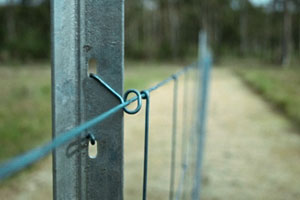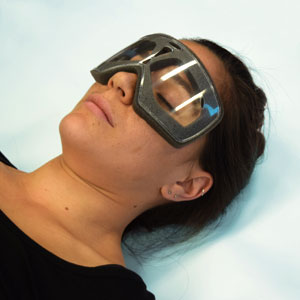Should I patent my product?A question that comes up with our product design clients on a near weekly basis is, “Should I patent my product?” We meet inventors with great ideas everyday. Ideas that could potentially make them a lot of money. Often these inventors are faced with the dilemma of needing to talk about their ideas with potential partners like product designers, manufacturers, licensees and distributors. How do I protect my ideas when I need to talk about them?A non-disclosure agreement is the best way to protect your ideas or invention when you are starting out. The idea may not be fully formed and may need some development before a patent can be applied for. If someone signs a non-disclosure agreement (or confidentiality agreement) and then uses your secret without your authorisation you may have a right to compensation by way of damages or perhaps court-ordered intervention. Does the product designer own the IP to my product or do I?You have engaged a product design consultancy and they have developed your product just as you required, but who truly owns the idea and the IP? There are two ways to own IP. If you created it or if your bought it from the creator or previous owner. In the case of Bayly Group designing a product for a client: the client owns the IP as they are paying Bayly Group to develop the ideas for them. It is also advisable to have a written contract or agreement before starting any work with a company or contractor to reduce unnecessary confusion. But you still haven’t told me if I should patent my product!It is important to consider whether your new product needs a patent or not to help it become commercially viable. You don’t need a patent to manufacture and sell a product, but it does allow you to release your product to market with less risk that someone may try to claim it as their own. Four things to consider before applying for a patent:
If the cost, time and effort to secure a patent is more than you can make from licensing or selling the product itself, or you find that there is no interest in the product from the market, patenting is probably not going to be worth it. However patents can be more than just protection, they can add value to your business. How can I use patents to increase the value of my business?Traditionally the physical assets of a business have made up the bulk of the company value (properties, inventory, cash). However businesses are more and more seeing investing in design patents as building their company’s assets. This might include buying patents from the creator or engaging a company like a product design consultancy to create patentable products. IP is an “intangible asset” that can be considered a capital asset and can be recorded on a company’s balance sheet. If you are planning to license your product a patent can be especially valuable in negotiating higher royalty payments. If you have an idea that you would like to develop or would like to know more about developing IP and increasing your company’s value, give our Melbourne team a call on (03) 9413 9000 or email Mark at This email address is being protected from spambots. You need JavaScript enabled to view it..
|
Bayly designed a patented folding and locking mechanism with LarktaleTM for their chit chatTM stroller, a crucial feature which sets them apart in the competitive stroller market.
Bayly developed a patent protected system for One Steel’s Waratah fencing range, adding value through new and innovative IP.
|
+61 3 9413 9000




